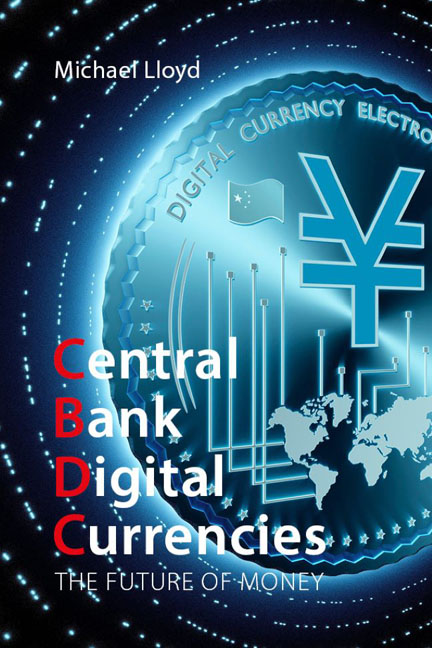Book contents
- Frontmatter
- Contents
- Introduction
- 1 Retail and wholesale CBDCs
- 2 Domestic monetary and legal implications
- 3 Technology
- 4 Impact on the commercial banking sector
- 5 The regional and international nexus
- 6 The future of money: the next decade
- Appendix 1 Retail CBDC case studies
- Appendix 2 Wholesale CBDC: cross-border examples
- References
- Index
2 - Domestic monetary and legal implications
Published online by Cambridge University Press: 20 January 2024
- Frontmatter
- Contents
- Introduction
- 1 Retail and wholesale CBDCs
- 2 Domestic monetary and legal implications
- 3 Technology
- 4 Impact on the commercial banking sector
- 5 The regional and international nexus
- 6 The future of money: the next decade
- Appendix 1 Retail CBDC case studies
- Appendix 2 Wholesale CBDC: cross-border examples
- References
- Index
Summary
The suggested shift to a retail CBDC model involving digital money transfers to the corporate and personal (individual citizens) sectors will represent a crucial change in the monetary architecture serving retail payments and savings. The various monetary, financial, economic and legal implications of the approaches being explored for the potential issuance of CBDCs – some elements of which are being explored in the approaches taken in the various CBDC projects – will therefore need to be addressed.
The potential use of CBDCs in cross-border financial transfers will need to be examined by exploring the involvement of central banks’ RTGS systems proposed use in this area, including how central banks are experimenting with its extension via wholesale CBDC structures, in a multi-currency environment in order to secure stability, security and control over a key element of the global financial and trading system (BIS 2022a).
The contentious possibility, raised by some commentators (Zellweger-Gutknecht 2021) of introducing monetary action aimed at directly controlling consumer expenditure will be discussed, in the context of the current complex of conventional, and what are now considered “unconventional”, monetary policy instruments.
The importance of central bank money (fiat) money to the whole monetary system is difficult to overstate: it provides the central trust-anchor for the banking system and underpins the trust that citizens have in their currencies. Unless regulated, stablecoins, as a new digital source of private money, pose a potential threat to this fundamental role of the central bank. Although, private money exists in the current monetary system and is ubiquitous as commercial bank money, used by businesses and by the general public, its role is uniquely supported by the central bank. Commercial bank private money (in the form of deposits matching commercial bank loans, as assets), is matched one-to-one by the parallel reserves, created as liabilities at the central bank. These reserves are public money and serve to guarantee the private money created by the commercial banks. Unregulated stablecoins, on the other hand, are tied to the value of the various fiat currencies, but they are not matched by public money created by the relevant central banks as reserves. Neither are they able to provide the trusted settlement and clearing system offered by a well-performing central bank, utilizing the provision of a universally-accepted unit of account.
- Type
- Chapter
- Information
- Central Bank Digital CurrenciesThe Future of Money, pp. 23 - 50Publisher: Agenda PublishingPrint publication year: 2023



